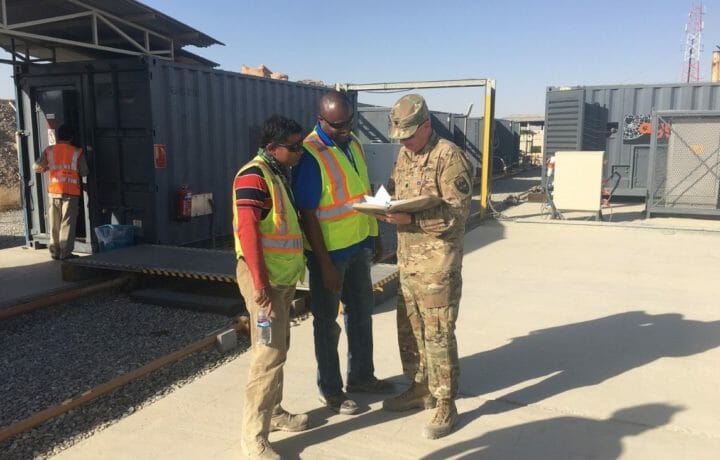Not all insider threats which become reality are associated with intellectual property theft or economic espionage; sometimes it is plain greed. Such is the case of Varita V. Quincy, a military contractor recently sentenced to 51 months in prison for her role in a theft ring operating on a U.S. military installation in Kandahar, Afghanistan in 2015. She was also ordered to pay $179,708 in restitution.
Post-guilty plea, Quincy continued her criminal behavior and submitted false documents to the court to include forging letters of support and altering submitted letters of support. In fact, she took letters which had been written in support of her employment application for Atlanta’s MARTA and altered them for submission to the court. These acts of subterfuge garnered her a longer sentence than that of her co-conspirator, Larry Green, who was sentenced to 41 months incarceration.
Who is Quincy
Varita Quincy, 35 from Snellville, Georgia, a U.S. Army veteran, who had served in Iraq, was a civilian contractor who worked for “a privately-held company based in Fort Worth, Texas, that was under contract with the United States Arm to provide facilities support services, maintenance and operational support services at Kandahar Airfield (KAF). Her position at KAF was that of “Security Badging and Escort Pass Supervisor.” In a nutshell, she was responsible for the issuance of badges which personnel on or visiting KAF were required to wear to gain entry and remain on KAF. Her role also allowed her to originate supporting documents required for visitors to be allowed access to KAF.
insider threat realized
In order to access personnel, steal information or goods, one must have access to the target. It is here that we see Quincy’s provision of access to KAF to unauthorized personnel as the most dangerous aspect of her portion of this conspiracy. Quincy did not act alone; she had co-conspirators, including Green, who were responsible for maintenance and safeguarding of various items on KAF to include, vehicles, cranes, generators, to include an individual who had an “escort badge” which permitted the individual to escort approved visitors about KAF. This latter individual was also able to move equipment on and off of KAF.
Quincy falsified support documents using her company’s letterhead which allowed individuals, who would otherwise not have been able to gain access to KAF, to do so. This action enabled the theft of government property to proceed on more than a half a dozen occasions.
What did they steal?
Court documents tell us they stole, a forty-foot refrigerator, multiple large generators, a Toyota Hilux cargo truck as well as multiple vehicles from her employer, tools, engines, transmissions, and a truck and trailer.
Clearly allowing unauthorized individuals on KAF also created a force protection issue.
Take away for FSOs
Many companies use the core-context concept which brings contract workforce into routine, yet key positions, as was the case with the U.S. Army and Quincy’s unidentified employer. The Quincy saga drives home the point for insider threat program managers for the need to continually vet personnel who hold the keys to your facilities, even if that individual may not have direct access to classified materials. In the case of Quincy, not only was the government the victim of the malevolent insider, the employer, a defense contractor was also victimized. This begs the question, who should have been vetting this insider’s loyalty and honesty?



